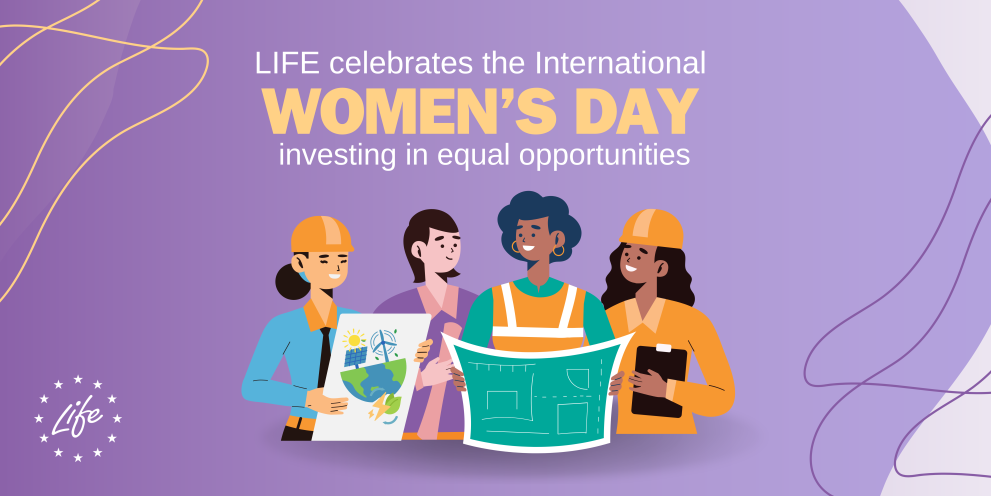
In 2022, 9.3% of the EU population were unable to keep their home adequately warm, and almost 15% lived in dwellings with leak, damp, or rot in 2020. A LIFE project - JUStice in Transition and EMpowerment against Energy Poverty, known as LIFE JUSTEM, is focusing on planning the just energy transition of selected areas in six highly affected European countries.
Along with Poland, Romania, Spain, Bulgaria and Croatia, Greece is one of the EU countries most impacted by energy poverty, due to high energy prices for electricity and heating. The research report, ‘Energy poverty and gender nexus – A case study analysis from Greece’, was published last month, as part of LIFE JUSTEM. The report explores how Greek women and men are affected differently by energy poverty and unemployment. It specifically looks at two regions: Western Macedonia and Arcadia (Megalopolis), which depend on the mining industry and are considered to be particularly vulnerable to energy poverty. The report included a literature review of studies linking energy poverty and gender, and analysed how the two are addressed in climate and energy policies in Greece.
Studies connecting gender equality and energy poverty have only been developed in the last two decades, and over 30 studies were reviewed for this report. With typically lower incomes, longer hours for child and family care, and different use and management of energy resources, the studies show women are particularly at risk from energy poverty. In Greece, the statistics from this research support this.
Based on the literature review, the report selected 10 indicators to analyse energy poverty and gender in Greece – those related to dimensions and levels of energy poverty, and vulnerability indicators such as unemployment rate and social deprivation. It gathered data from sources across all 10, including Energy Poverty Dashboard, and Eurostat.
According to the report and data, in 2023, the female unemployment rate was 14.4% compared to male unemployment rate at 8.2%. When the employment gap between men and women widens, so do inequalities, and ‘women become more prone to energy poverty’, the report states. In Greece, the employment gap is among the highest in all of Europe. For Greek women in 2022, the rate of risk of poverty and exclusion reached 27.4%; for men it was 25.2%.
From a policy perspective, the report says that in Greece these focus ‘more on economic and technological means and less on social means, with little emphasis on gender’. Six policy documents were analysed including the National Energy and Climate Plan of Greece; Action Plan for Combating Energy Poverty; Greece 2.0 National Recovery and Resilience Plan; Territorial Just Transition Plans of each region, Western Macedonia and Megalopolis. The report concludes that the only policy to include concrete measures for the empowerment of women is the Greece 2.0 National Recovery and Resilience Plan.
In the battle against energy poverty, a comprehensive strategy is essential, one that embraces fiscal measures, technical innovations and strategic policy initiatives. Fiscal measures, like tax reductions and energy vouchers, could offer an immediate relief to struggling households, while technical solutions such as smart meters empower consumers to manage their energy usage efficiently. Meanwhile, policy initiatives like establishing energy advisory networks (or one-stop shops) ensure accessibility to relevant information and support. Integrating these approaches advances a comprehensive strategy towards mitigating energy poverty in Europe.
The research report is only one activity carried out by LIFE JUSTEM. The project aims to foster inclusion in the clean energy transition by engaging citizens in co-creation processes. The project will develop tools for citizen participation, organise workshop with citizens and develop regional clean energy and climate strategies and detailed energy poverty alleviation plans with and for citizens in the targeted regions.
Gender inequality is a key focus of the 2024 UN International Women’s Day theme ‘Invest in women: Accelerate progress’, marked on 8 March every year.
Details
- Publication date
- 8 March 2024
- Author
- European Climate, Infrastructure and Environment Executive Agency

